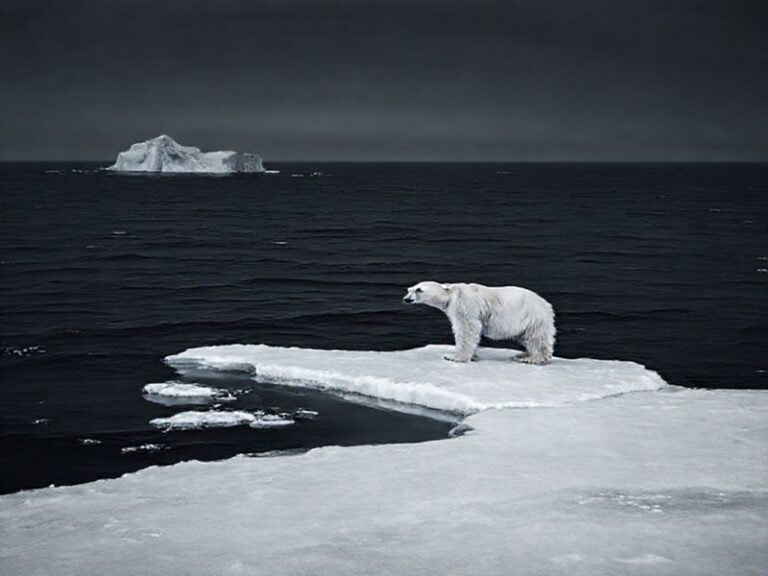River Ouse: The Sleepy English Waterway Quietly Recording Humanity’s Downfall
River Ouse: The Quiet English Waterway Quietly Judging the Rest of the Planet
From the chalk hills of East Sussex to the North Sea’s grey shrug, the River Ouse ambles 35 miles across southern England like a pensioner who has already seen the worst of humanity and decided apathy is the only rational response. To locals, it’s a pleasant backdrop for dog walks, university rowing practice, and the occasional corpse pulled from its languid embrace. To the wider world, however, the Ouse is a mirror—albeit a murky one—reflecting every geopolitical neurosis we’re currently failing to treat.
First, some housekeeping: there are two Rivers Ouse in England, because cartographers evidently enjoy sowing confusion and despair. This is the southern variety, birthplace of Virginia Woolf’s pocket-sized suicide note and the medieval port of Seaford—once a bustling harbour, now a town that forgot to bring a harbour. Its upstream sibling near York is bigger, brasher, and therefore less interesting; like comparing the IMF to your local credit union that still keeps ledgers in quill pen.
Internationally, the Ouse matters precisely because it pretends not to. While the Amazon chokes on plastic rosaries and the Ganges hoards antibiotic-resistant bacteria like Pokémon, the Ouse offers a masterclass in how to underwhelm on a global scale. Its flow rate is roughly equivalent to a medium-sized Las Vegas fountain, yet its sediment quietly records the nitrogen fallout from every Dutch tomato and Kenyan green bean consumed in Brighton’s vegan bruncheries. Think of it as the world’s most passive-aggressive accountant, tallying sins without ever raising its voice.
Climate diplomats in Glasgow once spent 45 minutes arguing over whether to include the Ouse in a footnote about “vulnerable estuarine systems,” before deciding that vulnerability is gauche and adjourning for single-malt. Meanwhile, the river’s salt wedge creeps further inland each year, politely informing coastal property investors that their seaside condos will soon qualify as submarines. Insurance brokers have responded by inventing new jargon—“managed realignment,” a phrase that sounds like couples therapy but means “we’re abandoning your living room to Poseidon.”
The Ouse also hosts the annual “Great Raft Race,” wherein teams lash together pallets, hubris, and alcohol to navigate a three-mile stretch before capsizing within sight of the finish. Footage inevitably goes viral in countries where rivers are either sacred or on fire, prompting bewildered tweets: “Why are the British trying to drown themselves recreationally?” The answer, of course, is Brexit—a coping mechanism so comprehensive it now requires its own flotilla.
Upstream, Lewes town council recently declared the Ouse a “legal person,” joining a global trend that includes the Whanganui in New Zealand and the Atrato in Colombia. The river now has rights, which is more than can be said for most gig-economy workers. Corporate lawyers have already asked whether Coca-Cola’s Dasani bottling plant constitutes “kidnapping,” while the river itself remains characteristically silent—possibly because it’s already full of discarded Dasani bottles.
At its mouth, Newhaven Harbour embodies post-imperial ennui. Once a launch point for D-Day, it now specializes in importing French gravel—an arrangement so existentially French it borders on performance art. Ferry passengers disembark clutching duty-free Bordeaux, unaware they’re walking atop the pulverised Alps, delivered grain by grain via the Ouse’s tidal handshake. This is globalization in miniature: mountains reduced to driveways, rivers repurposed as logistics arteries, all so humans can avoid buying the wrong brand of Sauvignon Blanc.
And yet, on foggy mornings, when the estuary swallows the sound of container ships and only the gulls dare complain, the Ouse achieves a kind of sullen wisdom. It remembers when the sea lapped at the Weald, before we drew lines in salt marsh and called them borders. It knows that every empire eventually becomes sediment. Until then, it will keep rolling politely toward oblivion, carrying our microplastics, our novels, our modest sins—an understated English witness to the overwrought apocalypse we’ve scheduled for ourselves.
The river does not judge. It merely outlasts.







